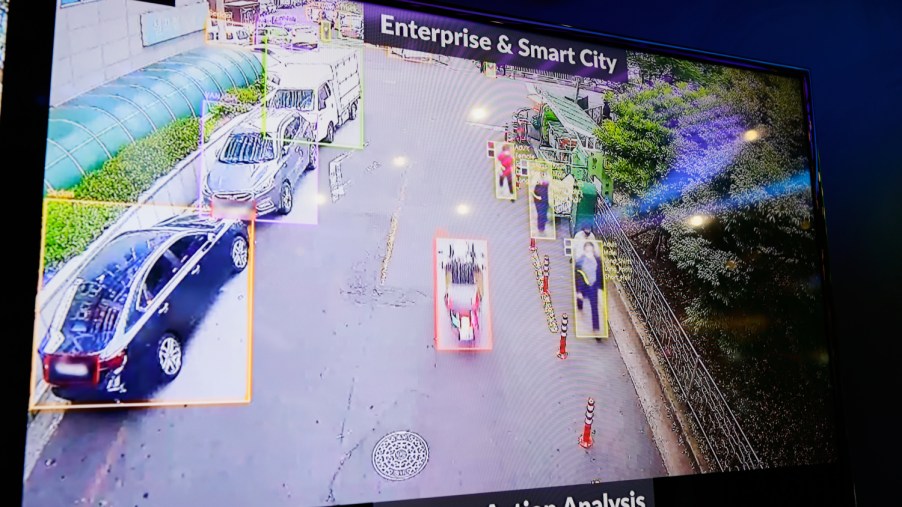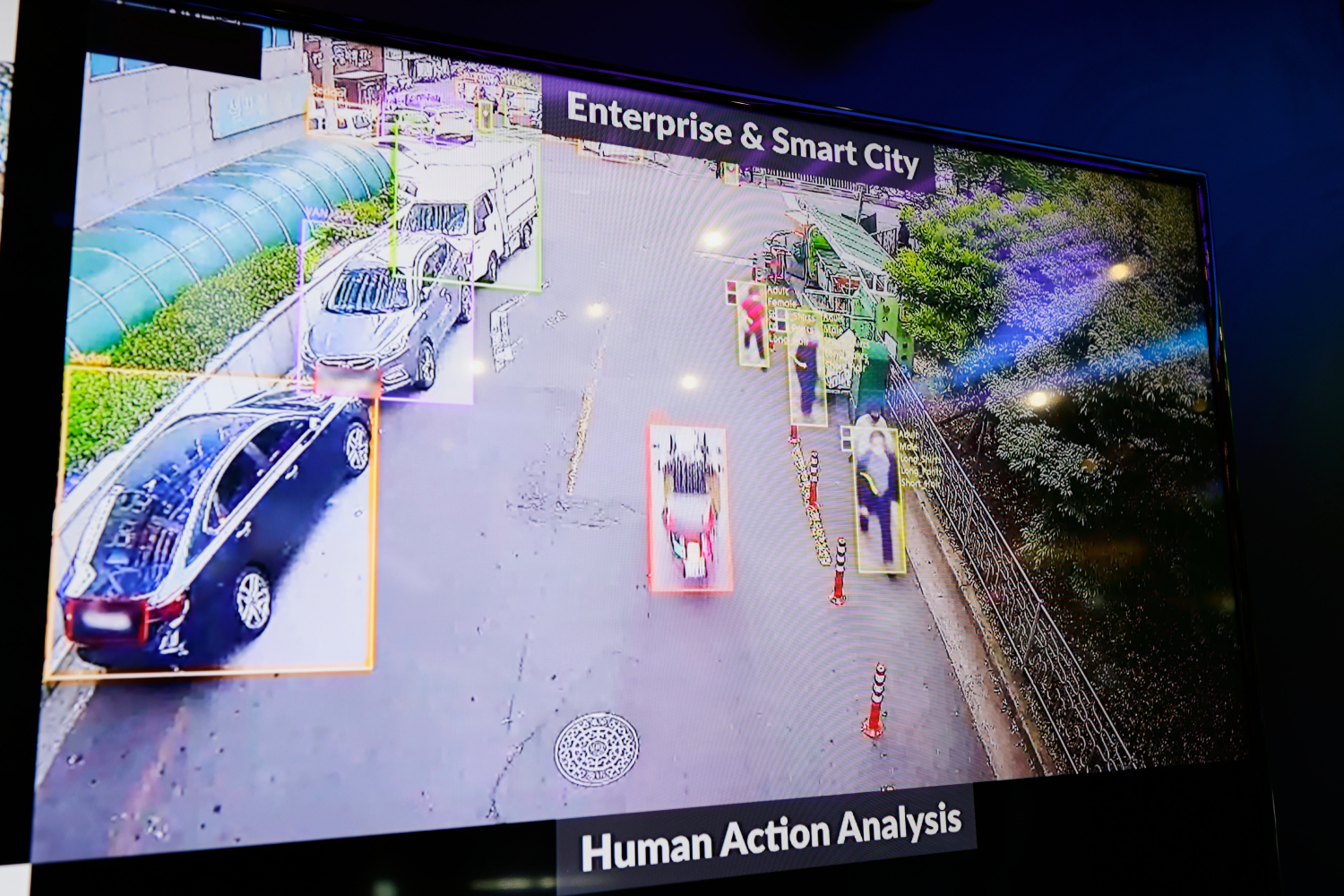
New York Times: Artificial Intelligence Technology to Enhance Driving Safety
New cars come equipped with all sorts of technology to keep people safe on the roads. A recent New York Times article weighs the benefits of artificial intelligence to help keep the streets safer, and the last bits of privacy people have. The National Highway Traffic Safety Administration (NHTSA) saw a significant spike in automotive deaths and injuries in 2021. So, is more artificial intelligence and additional car safety features on the road the answer?
Artificial intelligence helps make the roads safer for drivers

The New York Times says that 1.35 million people die each year in car crashes. The World Health Organization says another 50 million people are seriously injured. The NHTSA saw a staggering increase over just six months during the COVID-19 pandemic.
This was an 18.4% increase and the “highest half-year percentage increase in the history of data recorded by the Fatality Analysis Reporting System (FARS).” The U.S. Department of Transportation says that speeding, not wearing a seatbelt, distractions, and impaired driving were the leading causes.
The New York Times says artificial intelligence in vehicles already helps keep drivers safe. Different programs, car safety features, and apps monitor driving habits and communicate from one car to another. Cars can change lanes and stop on a dime without the help of humans if the system determines that should happen.
One company says it can detect “risky behaviors” using artificial intelligence technology
The New York Times reports that David Ward is president of the Global New Car Assessment Program. Ward says that there is “too much hype around A.I., road safety, and self-driving vehicles,” The New York Times reports. He says that there is more accessible and beneficial technology already available, called intelligent speed assistance (ISA). This uses artificial intelligence to keep track of speeds using in-vehicle cameras and maps. Europe has made this ISA technology mandatory after July 2022, but it isn’t in the U.S. yet.
In Australia, a company named Acusensus is using artificial intelligence to help keep drivers safe. Acusensus called the technology “intelligent eyes,” which uses cameras and high-resolution imaging to help learn different driving behaviors. The technology, called Heads-Up, can help detect dangerous drivers and other behaviors.
Mark Etzbach is the vice president of Acusensus sales for North America. He says the technology can “view and record behavior inside the vehicle.” For instance, poor visibility or high speeds do not impact the “intelligent eyes” technology. The cameras can be installed on signs, overpasses, or other structures. Etzbach says this artificial intelligence tech can detect distraction, the speed of the vehicle, and if the driver is engaged in “risky behavior” or not. The technology has brought traffic fatalities down 22% in New South Wales and Queensland during testing.
Is the technology worth giving up privacy while driving?
Studies have shown that when obvious traffic enforcement is happening; people are more prone to drive safely. The idea behind this artificial intelligence is that it might act as a police officer on the road, watching and making people drive safer. The technology that Acusensus offers can help find areas that might need more enforcement or infrastructure changes.
Meanwhile, in another assessment done by the company, more shocking behavior was uncovered. As a result, the technology determined that 60% of drivers in this one area were speeding. In addition, more than six percent of drivers were using a cell phone while driving. Over five percent of people were participating in more than one kind of risky behavior. Acusensus deduced that from just 18 hours of monitoring one dangerous street.
On the other hand, there is always the issue of privacy. Is artificial intelligence worth the invasion of privacy? Ward of the Global New Car Assessment Program says, “It’s this classic question about how much intrusion we want in our lives to keep ourselves safe.” Is there some sort of happy medium between too much technology and too much of an invasion of privacy? It is likely the world is already in this phase if the constant battle with Tesla’s Full Self-Driving technology is any indication.



